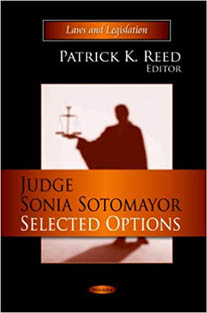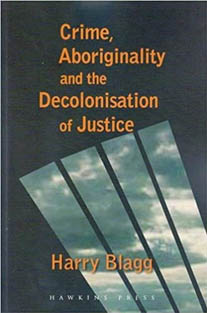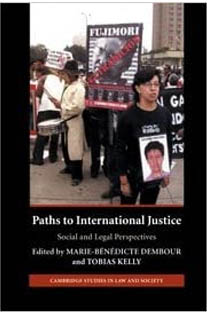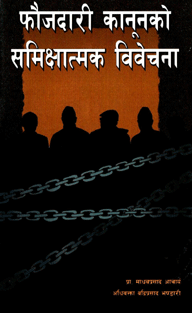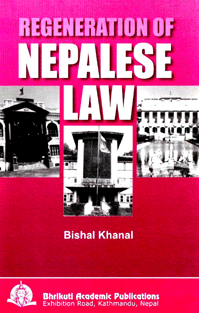Paths to International Justice: Social and Legal Perspectives
₨ 9,500.00
Description
Additional information
| Authors | Marie-Benedicte Dembour & Tobias Kelly |
|---|---|
| Cover-Types | Paperback |
| ISBN/ISSN | 9780521709200 |
| Language | English |
| Pages | 267 |
| Publishers | Cambridge University Press |
| Year of Publication | 2007 A.D |

